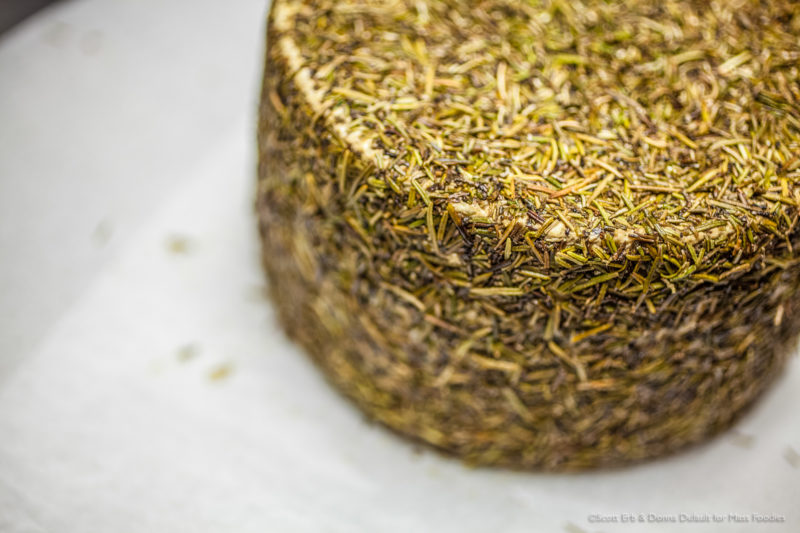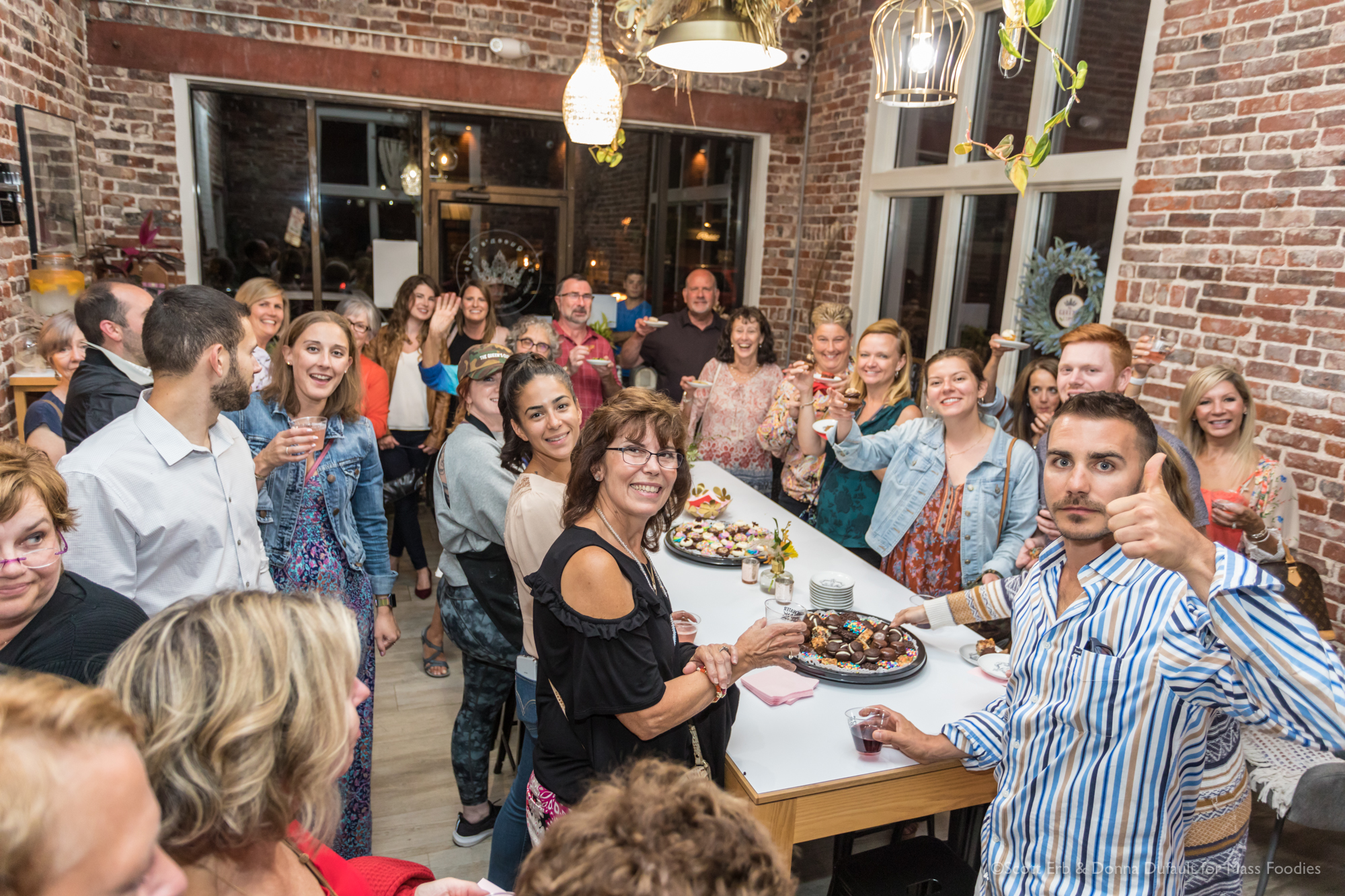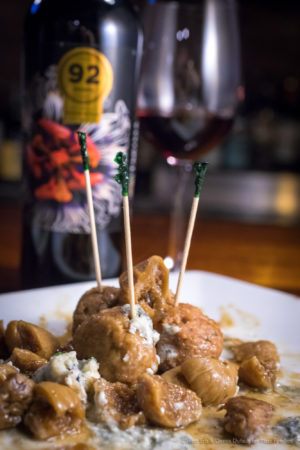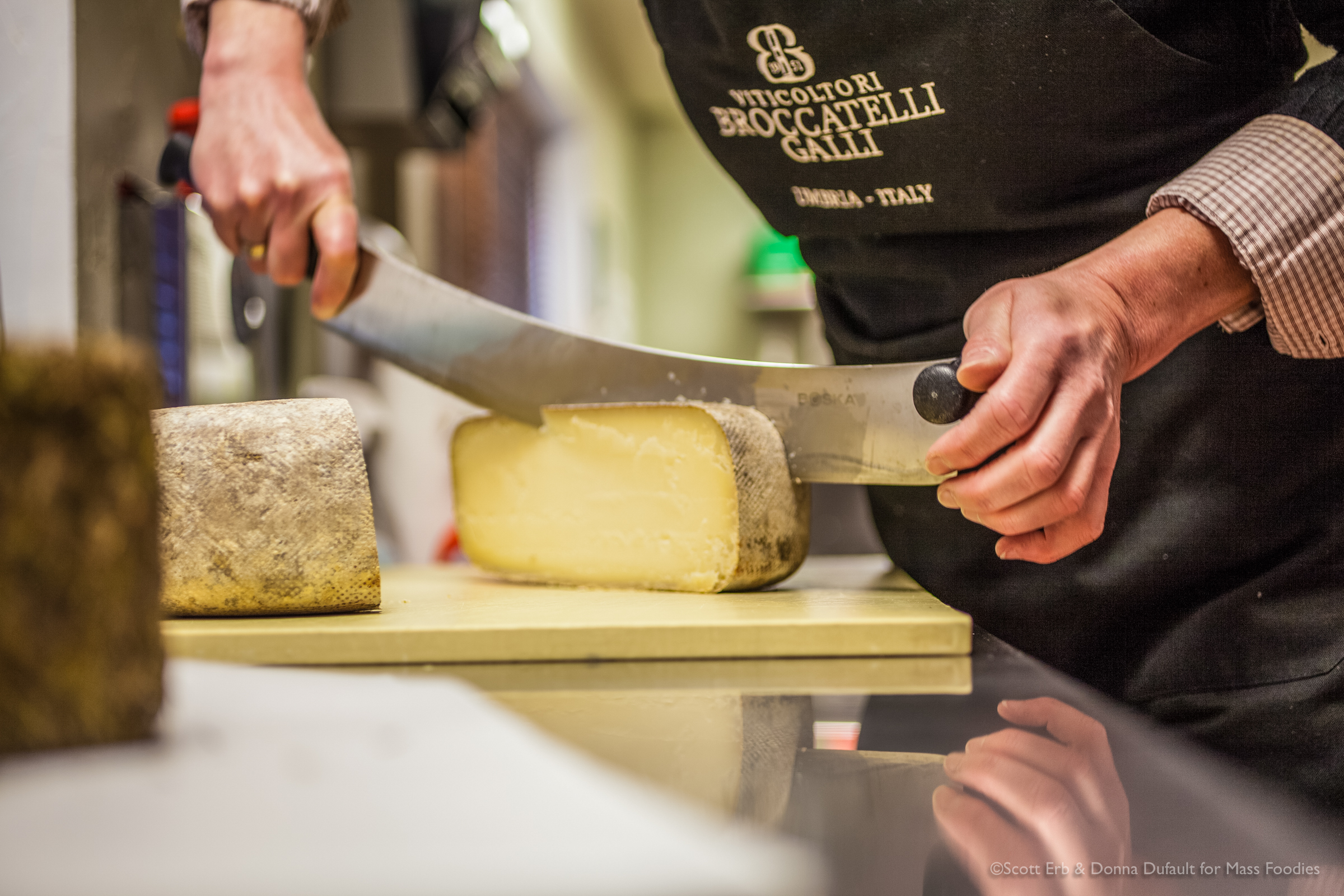
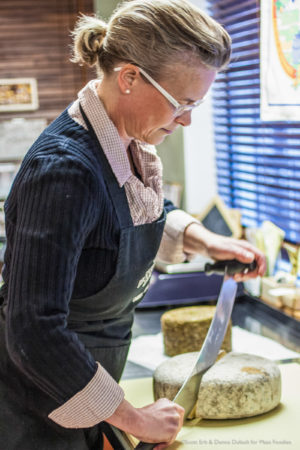
Simone Linsin’s brigade of cheese purists is unsuspecting. Some of them began training their palates at her country cheese shop, Pecorino, before they could talk.
“Those are our cheese kids,” she says, gesturing to a collage of smiling children holding up wedges of aged goat gouda and triple creme blue as big as their tiny heads. “The kids actually make buying decisions for their families. They sample things from the case, then their parents step aside and let them do the shopping.”
Linsin grew up in Heidelberg, Germany where her grandfather ran a butcher shop. When she and her husband moved from Germany to America two decades ago, she set out to recreate what she refers to as “the good old world.” The center of her universe is the cheese case, which consists of between 50 and 80 selections depending on the season.
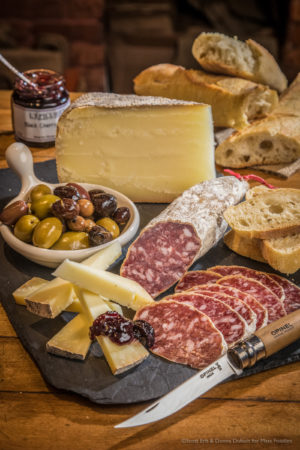
Linsin doesn’t sell so much as she consults. “Whether they have people coming over, they want to give a gift, they want a snack, or they want something for after dinner—we are prepared to help customers compose a cheese board,” she says, acknowledging that many people are anxious and embarrassed on their first go around with the cheese case.
“We help customers navigate through textural differences: soft, medium, hard. Different milks: goat, sheep, cow, buffalo. Raw milk cheeses, washed rinds, and all sorts of stinkers,” Linsin says with a lightness that at once renders her sharp and approachable. She stares at the case as if it lives and breathes like one of her beloved cheese kids.
Linsin frequently finds herself asking, “How can we elevate the cheese experience?” For a long time, she underestimated the importance of accompaniments. At present, Pecorino carries 35 cracker varieties in its pantry section, along with duck fat, cornichons, specialty spice blends, and heirloom salts.
She fiddles with the spout on a giant metal vat, explaining, “We have olive oil fresh from California here in the tank and we fill three different vessels. People can bring those back for a dollar off their refills.” The olive oil compliments a selection of fresh bread from Nashoba Brook Bakery in West Concord, with whom they have worked since Pecorino opened 10 years ago.
Back then, Linsin was still skeptical about opening a cheese shop in North Grafton. “To be very honest, I hated this building. It was run down and I didn’t want to be here. This was a shack.” Linsin points behind the counter to reveal the feature that changed her mind, saying, “I hated everything except this 800 degree wood fired oven, which was actually used by a pizza place in the old days.” There was still wood in the oven when she moved in. Her family helped clean the place out and scavenged for refurbish-able materials in the basement of the building.
When it comes to wine, Linsin is particular. “I taste everything before I buy. I don’t do commodity buying. I don’t do deals. Everything is very meaningful to me including how I source it.” Linsin focuses on European wines, but she has also taken to curating an impressive natural wine selection from California.
Linsin prefers to bring lesser known varietals to her shop. “Ten years ago, that was a no-no, because Chardonnay and Cabernet ruled the world in America. I was very fortunate to find a clientele in North Grafton that was eager to learn and raise the level of education around here,” she explains.
When Pecorino opened in 2010, people told Linsin she was crazy. Now, she hosts two tastings a month. “We draw a super-crowd!” she says. Just like Linsin’s original cheese kids, the shop has grown up. In 2019, Pecorino is a fearless touchpoint for food and culture in the community.
See for yourself at their next wine tasting on August 23 from 5-7 p.m.
